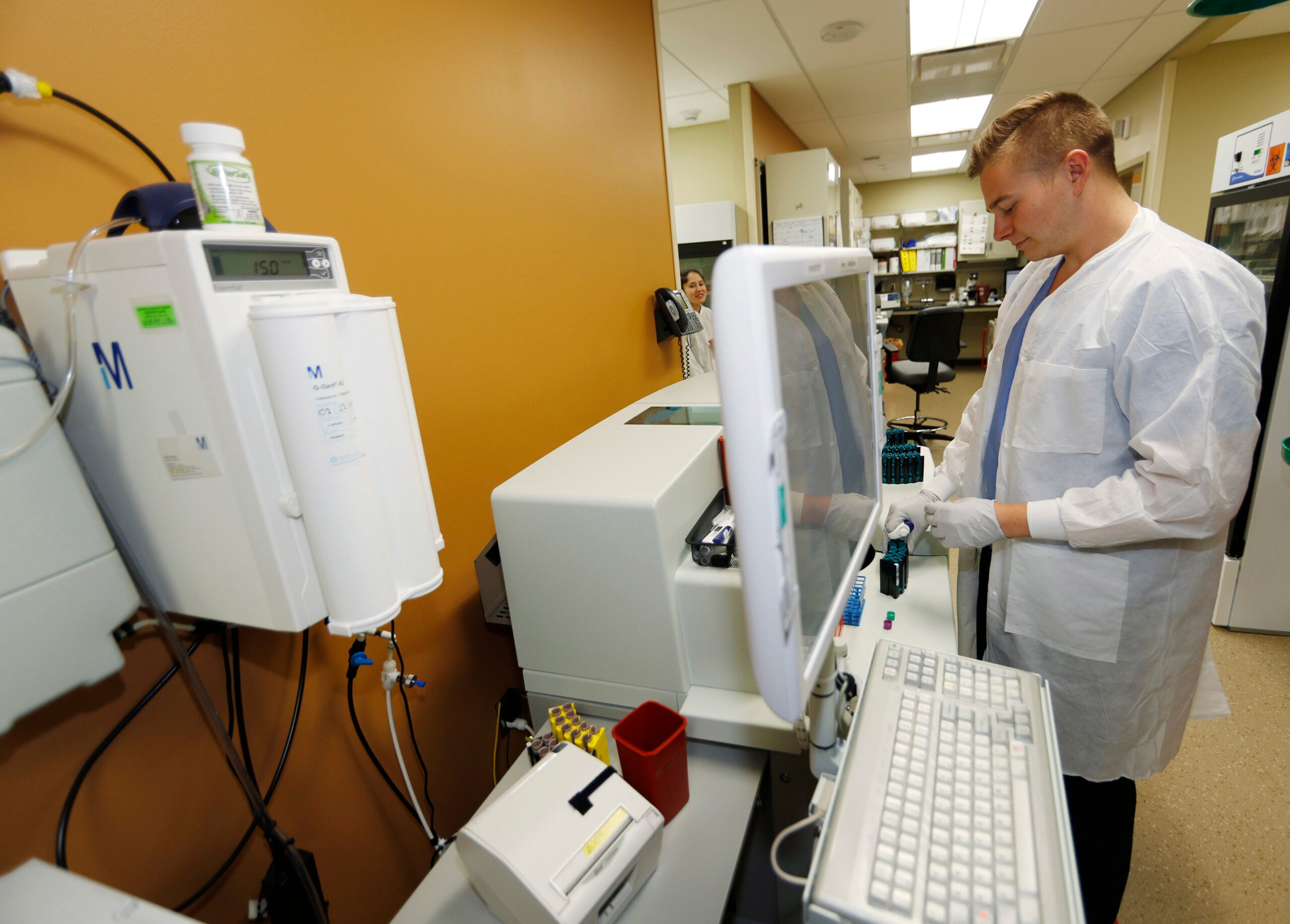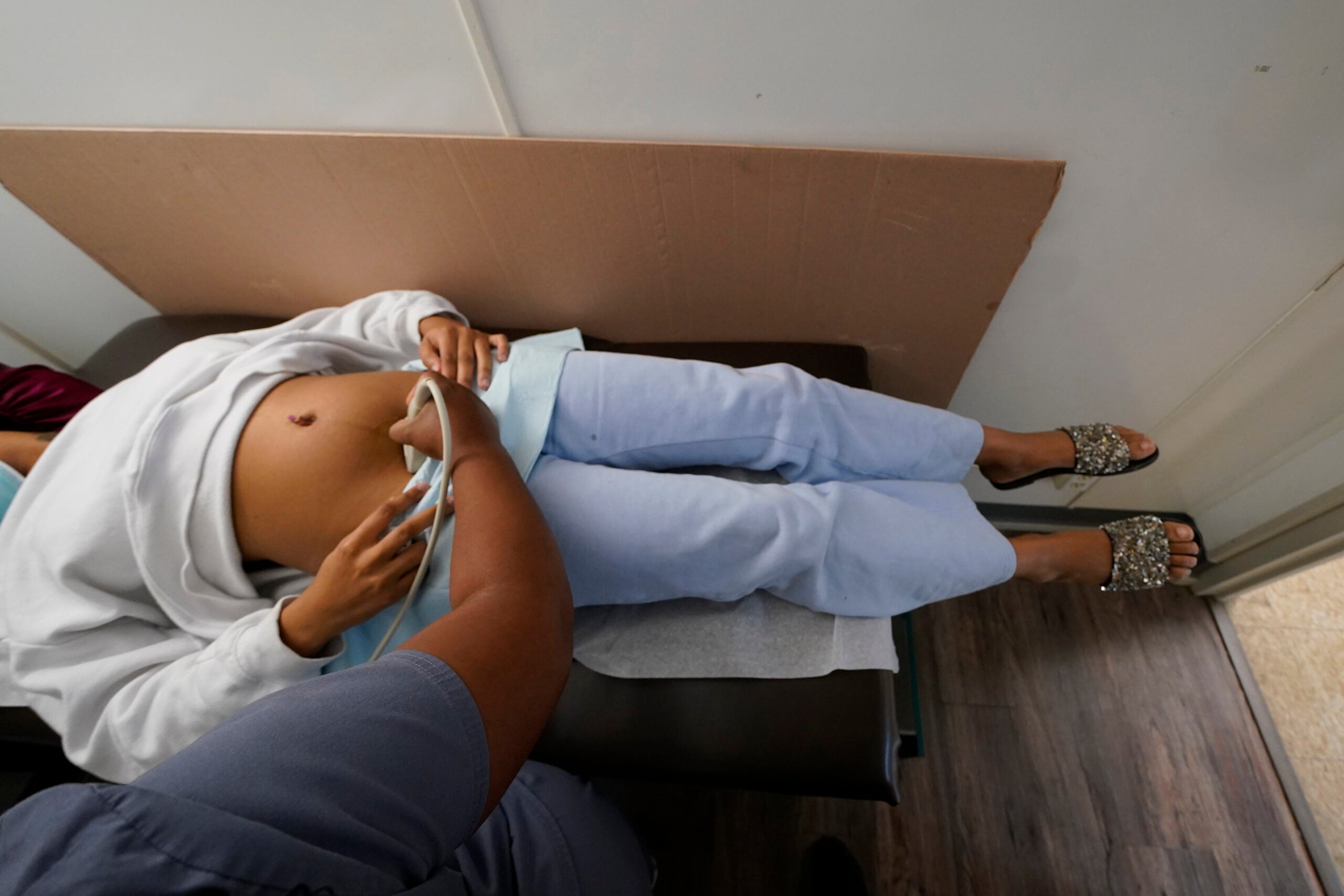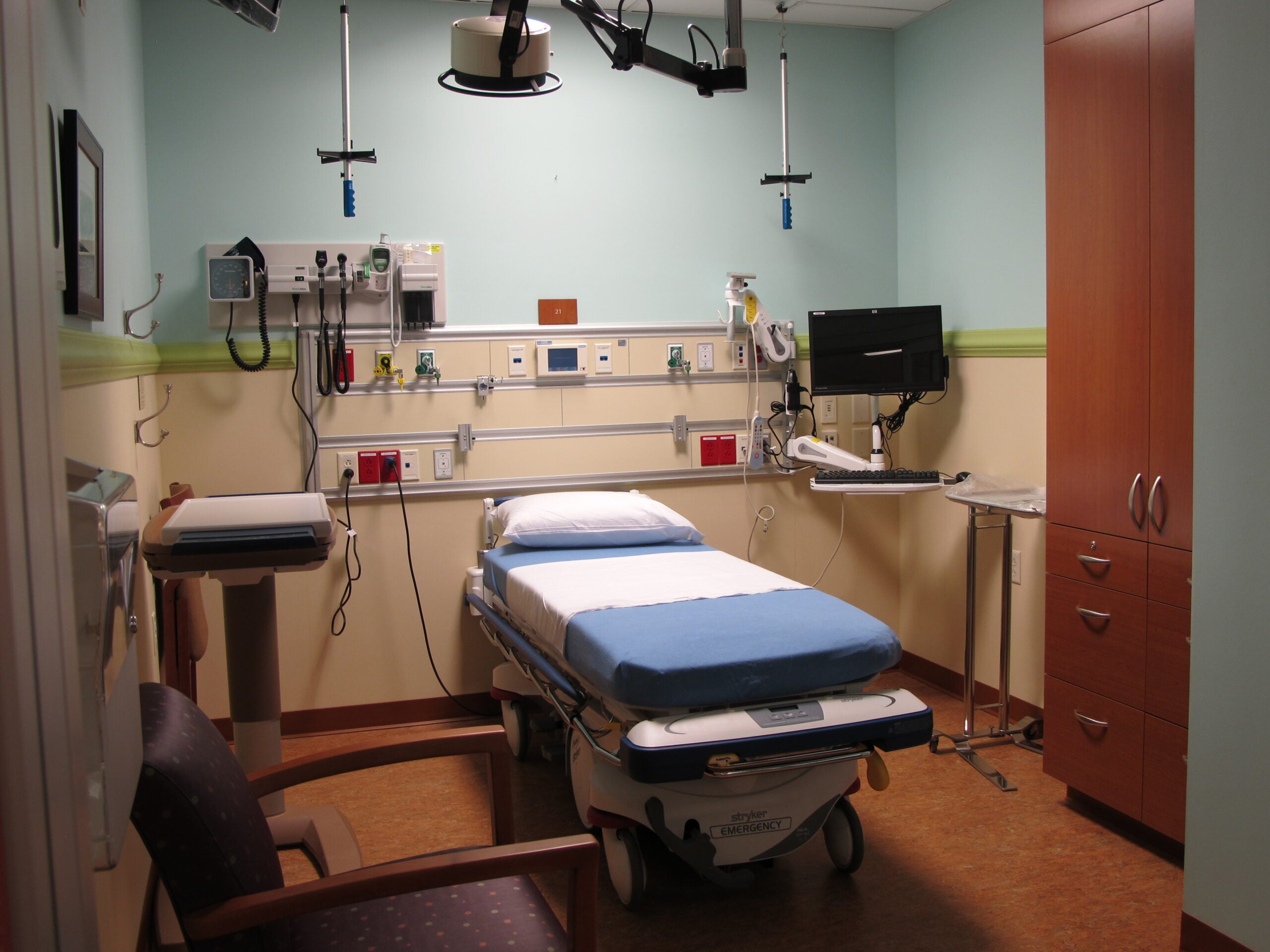As states like Wisconsin get ready to impose Medicaid work requirements, there’s concern over how many people could lose health coverage — and what an increase in those without insurance could mean for hospitals.
A recent study by the Commonwealth Fund estimates that hospitals in the state could lose 15 percent of their Medicaid revenue. Other states like Kentucky could lose more — up to 22 percent — because their work requirements apply to more people.
Wisconsin’s requirement approved last October by the Centers for Medicare & Medicaid Services would apply to childless adults under age 50 who are healthy enough to work. Those are people who got health coverage under a partial Medicaid expansion by former Gov. Scott Walker.
Stay informed on the latest news
Sign up for WPR’s email newsletter.
Democratic Gov. Tony Evers said last year that he might remove Wisconsin’s work requirement, and a ruling on Thursday raised the prospect that he might get that chance. Republicans passed a law in December’s lame-duck session that would effectively lock-in the requirement, but Dane County Judge Richard Niess ruled the entire session, including that law, was unconstitutional.
For now, the work requirements will still go into effect.
In Kentucky, people up to age 64 have to work — not only those who got coverage under the expansion of Medicaid but also those who had it before. Thousands have lost health coverage in Kentucky and Arkansas after the new rules went into effect. The Commonwealth study examined the potential impact on hospitals in 13 states that have work requirements or are implementing them.
“If people lose their Medicaid coverage, hospitals will see reduced revenue. They’ll see increased uncompensated care because these people still need hospital services, there just won’t be any payments,” said study author Randy Haught.
Unpaid medical bills have been on the rise across the country. In 2017, hospitals in Wisconsin had $1.1 billion in uncompensated health care services. That’s a 14-percent increase from 2016.
But Wisconsin hospital officials aren’t worried Medicaid work requirements will have a big impact on their bottom line.
Wisconsin stands to lose less than other states because it’s work requirements aren’t as strict. People will be given 48 months to find a job or volunteer before they get kicked out of the Medicaid program for six months, after which people can reapply.
State Medicaid officials say there will also be exemptions from the work requirement depending on the availability and type of jobs, and available transportation.
“So I think (the Centers for Medicare & Medicaid Services) is learning lessons from Arkansas,” Wisconsin Medicaid Director Jim Jones said at a Wisconsin Health event in Madison this month.
In Arkansas, more than 18,000 people lost coverage after work requirements were implemented last year.
Medicaid work requirements in Kentucky, New Hampshire and Arkansas are being challenged in the courts.
Arkansas was the first to implement work requirements. As of March 1, 15 states have federal approval for work requirements or have submitted applications.
Wisconsin Public Radio, © Copyright 2025, Board of Regents of the University of Wisconsin System and Wisconsin Educational Communications Board.





